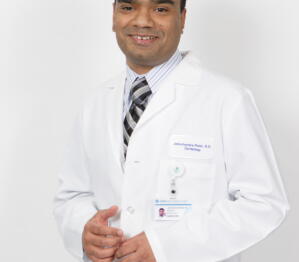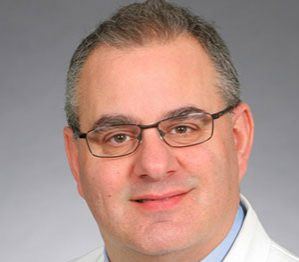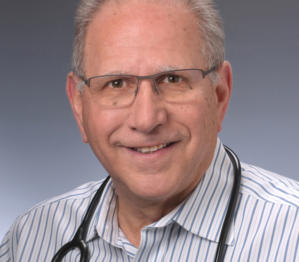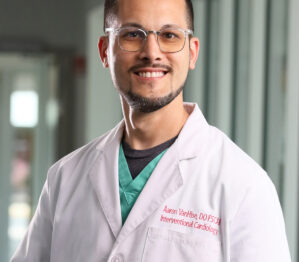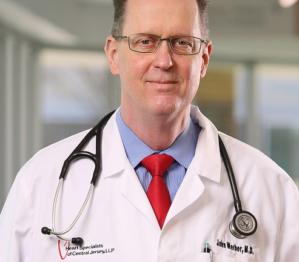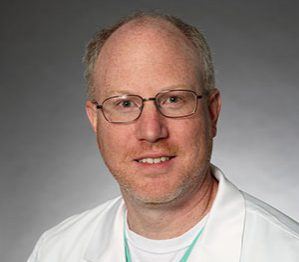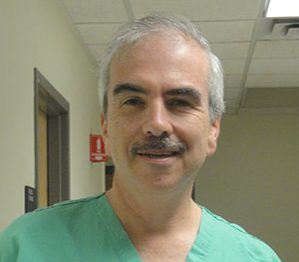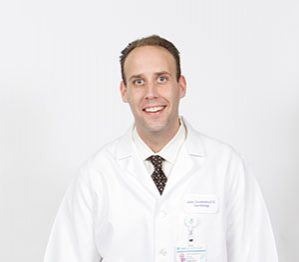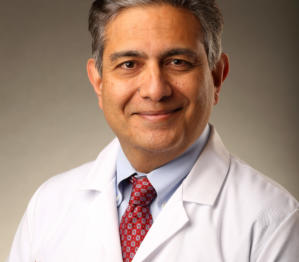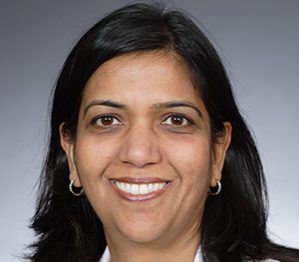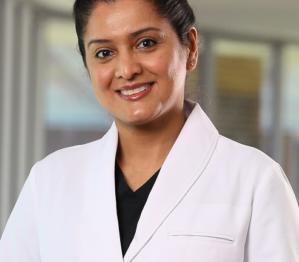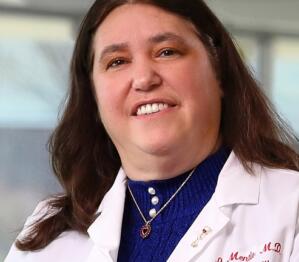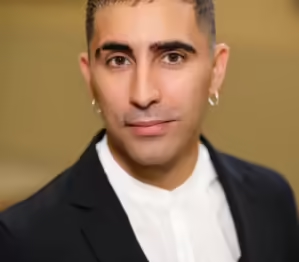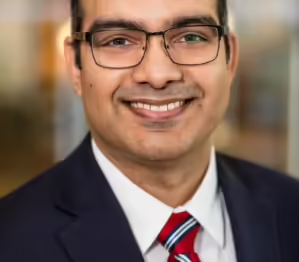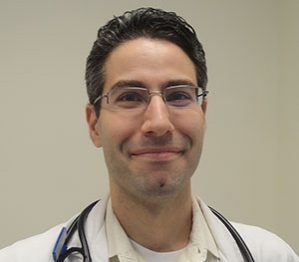At CentraState, we’re committed to helping people throughout the region keep their hearts healthy on many fronts. CentraState provides best-in-class diagnostic and interventional procedures, including emergency and elective angioplasty, in a new state-of-the-art cardiac catheterization lab, robust prevention programs, Chest Pain Accredited emergency care and access to board-certified general and interventional cardiologists and other clinical experts trained to safeguard healthy hearts.
When advanced cardiovascular surgery is needed, CentraState patients are seamlessly connected to Morristown Medical Center, nationally ranked among the top 50 hospitals for heart surgery by U.S. News & World Report. Each year, Morristown’s cardiac surgeons perform more than 1,000 open-heart procedures – more than any other cardiovascular medicine facility in New Jersey.
At CentraState, we’re committed to helping people throughout the region keep their hearts healthy on many fronts. CentraState provides best-in-class diagnostic and interventional procedures in a new state-of-the-art cardiac catheterization lab, robust prevention programs, Chest Pain Accredited emergency care and access to board-certified general and interventional cardiologists and other clinical experts trained to safeguard healthy hearts.
Excellence in Cardiac Care
CentraState Medical Center has been recognized by the American College of Cardiology for its demonstrated expertise and commitment in treating patients with chest pain. CentraState was awarded Chest Pain Center Accreditation based on rigorous onsite evaluation of the staff’s ability to evaluate, diagnose and treat patients who may be experiencing a heart attack.
Experts in Heart Health
Cardiologists are trained to treat heart attacks, heart failure, and other serious diseases of the heart. CentraState’s board-certified heart specialists have access to a range of cardiac testing, monitoring, and cardiac rehab, leading to improved outcomes for our patients. Visit CentraState’s Physician Finder for a referral to a cardiologist near you.
INTERVENTIONAL CARDIOLOGY
CentraState’s interventional cardiologists diagnose and treat patients who may need minimally invasive catheter-based interventions for heart disease and heart-related illnesses. Using high-tech imaging and other diagnostic techniques, interventional cardiologists evaluate blood flow and pressure in the coronary arteries and chambers of the heart and treat such conditions like heart valve disorder, congenital heart disease, vascular disease, acquired structural heart disease, and other cardiovascular abnormalities. An interventional cardiologist is highly specialized and skilled in the prevention of heart disease, as well as complications that can arise such as stroke and heart failure.
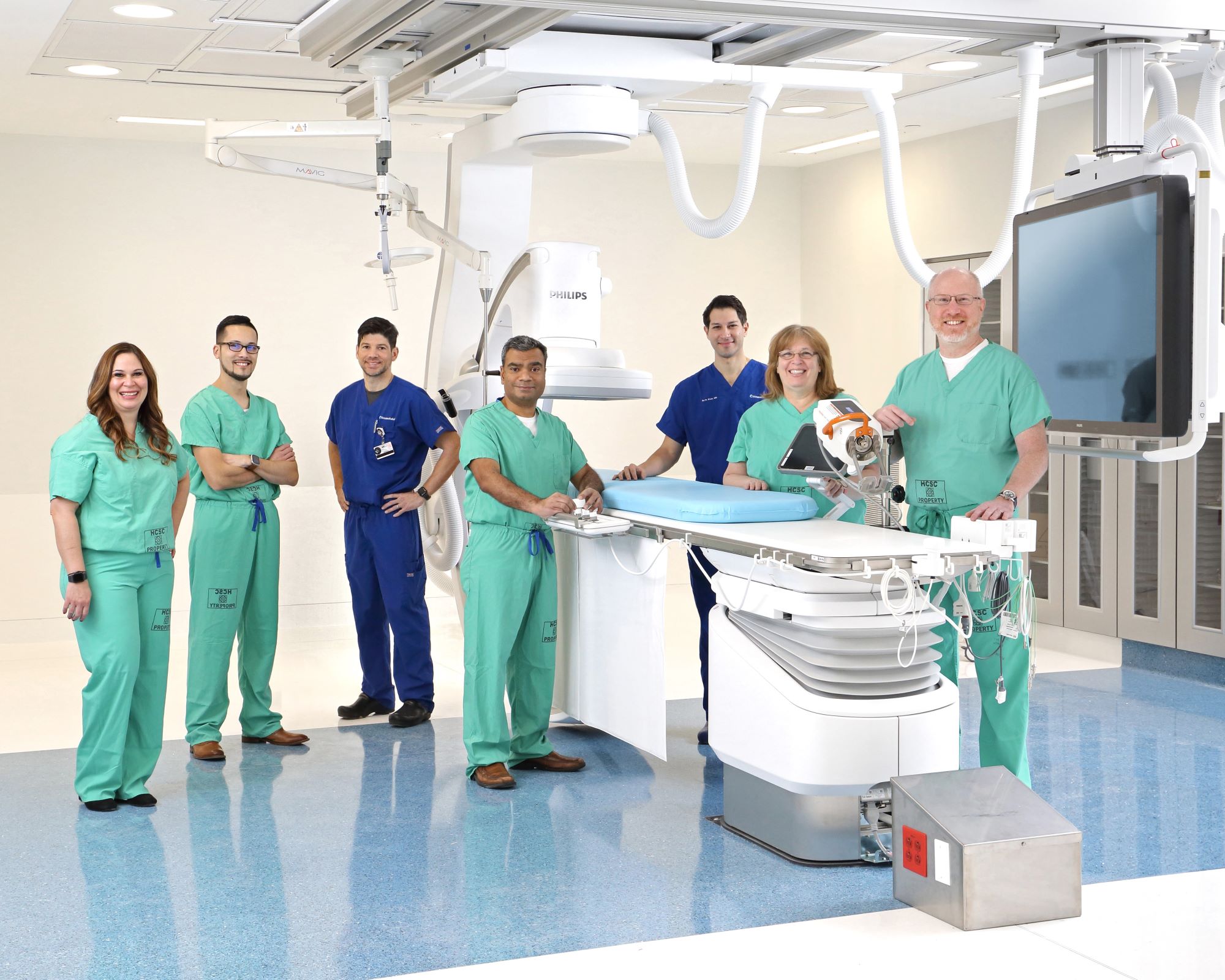
CORONARY ANGIOPLASTY Q&A
PCI (percutaneous coronary intervention), or angioplasty, is a procedure in which a small balloon is inserted to open a blocked artery and restore blood flow to the heart after a heart attack. When a myocardial infarction occurs, blood flow can become completely blocked. A stent is usually put in place as well, to help prevent the artery from becoming blocked again in the future. Cardiac catherization is the “gold standard” for diagnosing coronary artery disease. By providing detailed live information about the heart’s blood vessels, arteries, valves and chambers, physicians can immediately detect blockages or abnormalities.
You may require an emergency PCI (percutaneous coronary intervention), also known as an emergency angioplasty, as a result of a heart attack. On the other hand, upon a diagnosis, your cardiologist’s office may contact the Cardiac Catheterization Lab to schedule an elective PCI to combat cardiac disease. CentraState’s ability to perform elective angioplasty enables CentraState cardiologists to perform diagnostic testing, and if needed, necessary treatment during one visit.
This treatment is safe, effective, and minimally invasive. A PCI procedure can restore blood flow to heart tissue without requiring open-heart surgery. Nonetheless, it’s important to tell your doctor if you are sensitive or allergic to any of the following:
- Contrast Dye
- Iodine
- Medicines
- Latex
- Tape
- Local or General Anesthesia
Tell your doctor about any abdomen/chest piercings, medicines you are taking, and health conditions.
CARDIAC CATHETERIZATION LABORATORY
The Cardiac Catheterization Laboratory at CentraState Medical Center provides full-service diagnostic capability to quickly and accurately diagnose heart problems such as structural issues, weakened heart muscle, and narrow or blocked blood vessels. This nonsurgical, minimally invasive procedure provides a more complete picture of heart and blood vessel anatomy than imaging alone.
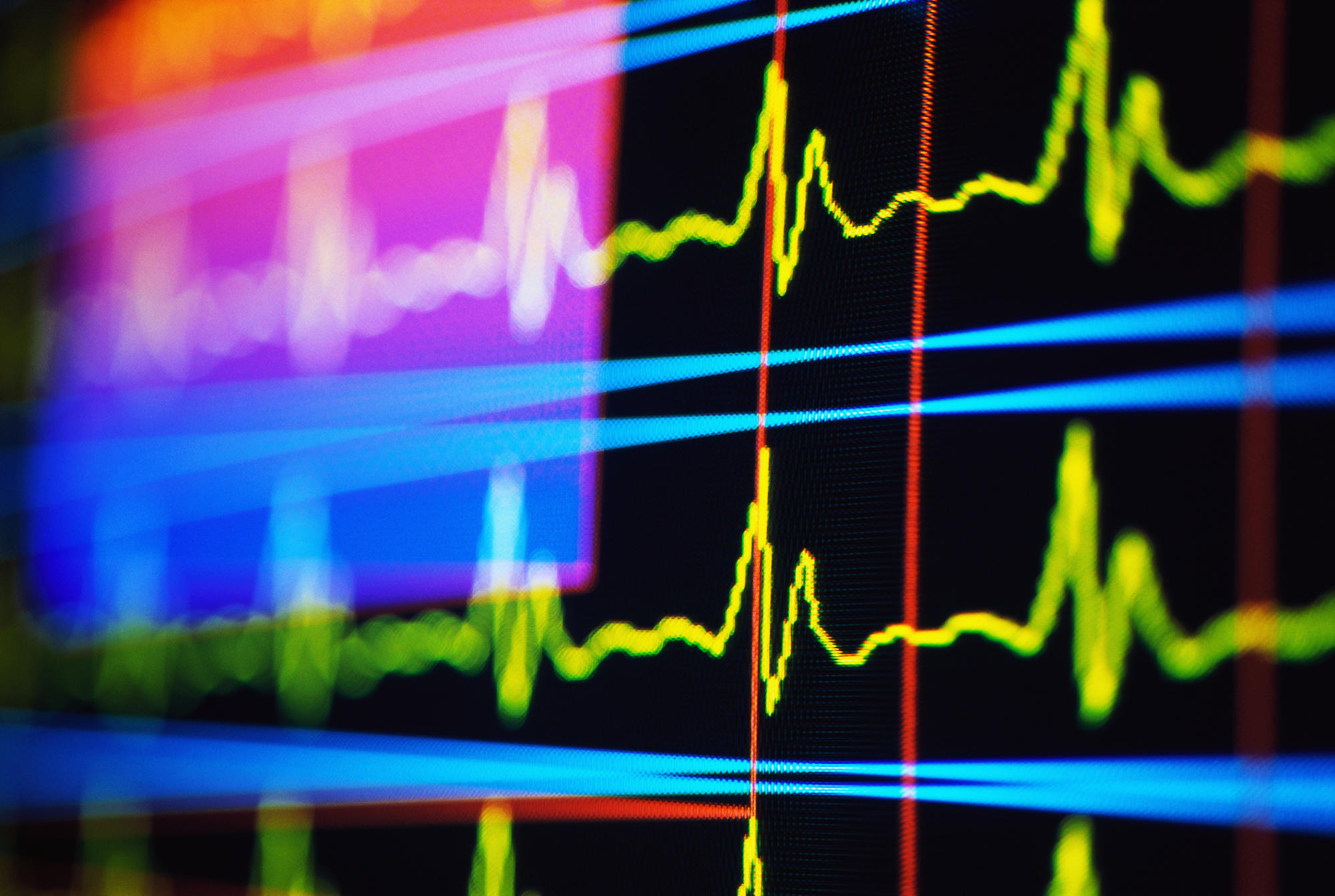 CentraState’s cardiac catheterization team includes board-certified, highly experienced interventional cardiologists. Supporting members of the team include specially trained nurses and radiologic technologists with extensive cardiac catheterization lab experience. Together, the team offers broad cardiac knowledge—including critical care and emergency department experience—paired with a personal, supportive approach to care.
CentraState’s cardiac catheterization team includes board-certified, highly experienced interventional cardiologists. Supporting members of the team include specially trained nurses and radiologic technologists with extensive cardiac catheterization lab experience. Together, the team offers broad cardiac knowledge—including critical care and emergency department experience—paired with a personal, supportive approach to care.
CARDIAC CATHETERIZATION Q&A
Cardiac catheterization is a nonsurgical, minimally invasive procedure that allows your cardiologist to take X-ray pictures of your heart to visually assess how well your heart is functioning. Usually performed as an outpatient procedure, it allows our cardiologists to view how your heart functions from the inside without the use of surgery.
Your cardiologist’s office will contact the Cardiac Catheterization Lab to schedule your test, including pre-admission testing, which may include blood work, an EKG, and X-rays. You will be asked to call CentraState’s Centralized Scheduling department at 732-294-2778 on the day before your test to preregister. This ensures that important paperwork is prepared before you arrive for your test.
In the Cardiac Catheterization Lab, you are placed on cardiac monitors. You receive a local anesthetic at the site of catheterization and a mild sedative to help you relax. You remain awake during the procedure.
Your cardiologist will thread a catheter—a thin, flexible tube—through a blood vessel in your wrist (radial artery) or groin (femoral artery). The physician carefully advances the catheter into your heart and its arteries using X-ray guidance. Through the catheter, the physician can measure pressures and take blood samples.
The cardiologist injects a contrast dye through the catheter into the heart’s blood vessels and chambers. The cardiologist can view the movement of the dye through your heart and coronary arteries to identify any areas of narrowing or blockage. This portion of the test is called coronary angiography.
The cardiac catheterization team also performs a ventriculography, in which dye is injected into the heart’s pumping chambers to provide a view of the heart’s pumping action.
CARDIAC DIAGNOSTICS
The Thomas J. Blanchet Cardiac Diagnostic Center offers comprehensive services using advanced technology to identify and evaluate heart conditions, and to monitor your progress following treatment for a heart-related condition, including:
To schedule a diagnostic procedure, please call Central Scheduling at 732-294-2778.
CARDIAC REHABILITATION AND WELLNESS PROGRAMS
Return to Life with Cardiac Rehabilitation
Getting back to enjoying the things you love after a heart attack or cardiac surgery can be difficult. With CentraState’s Cardiac Rehabilitation program, you don’t have to go through it alone. Return to the life you love with the support, education and resources to strengthen your heart health.
Gloria Saker Women’s Heart Program
Heart disease is the No. 1 killer of women in America, yet many cases of cardiovascular disease can be prevented with education, routine testing and lifestyle changes. That’s why CentraState created the Gloria Saker Women’s Heart Program: to help women at risk for cardiovascular disease make life-saving changes.
CARDIAC DIAGNOSTICS Q&A
A 24-hour Holter monitor test can help identify an irregular heartbeat or palpitations. This test is an EKG (electrocardiogram) taken for a 24-hour period. During this time, you are able to go about most of your daily activities at home. A Holter monitor test requires a prescription.
An electrocardiogram or EKG is a painless test that records the electrical activity of your heart. The electrical activity is what causes your heart to contract. An EKG helps assess the health of your heart muscle and is used in conjunction with other cardiac diagnostic tests. It takes about 15 minutes. No appointment is needed.
Ambulatory blood pressure monitoring is used to evaluate how your blood pressure responds to activities in your daily life. It can be used to help detect any blood pressure abnormalities.
This type of monitoring, which requires a prescription, takes numerous readings of your blood pressure over a 24-hour period or longer. The monitor is a small device worn in a pouch that has a blood pressure cuff attached to it. The cuff is fitted onto your arm and inflates and deflates automatically while it is worn.
STRESS TESTS Q&A
An exercise stress test measures your heart’s health during physical activity. It involves walking on a treadmill under the supervision of a physician while your heart is monitored. The test usually takes 30 to 40 minutes. This test helps determine: underlying heart conditions, your fitness level, a safe exercise program for you.
This test can often detect heart disorders missed by an EKG (which is performed while you are at rest). Because the heart beats faster and the body needs more oxygen while exercising, an exercise stress test can provide more specific information about the functioning of the heart muscle and arteries.
During the test, electrodes will be placed on your chest. The cables or “leads” from the electrodes are connected to an electrocardiograph recorder. You’ll then step on a treadmill or stationary bike and exercise according to the doctor’s instructions. An EKG is taken every minute and your blood pressure and pulse are monitored during the exercise. Your results are interpreted by a cardiologist, and your physician or primary care provider will receive them within one to two days.
A nuclear stress test is similar to an exercise stress test in that you exercise on a treadmill while your heart is monitored. However, a nuclear stress test also uses thallium or another tracing substance to provide more information about blood flow to your heart. The test will take about 3 to 4 hours.
During a nuclear stress test you receive an injection of a small amount of a nuclear isotope before and during the test. A rotating camera above you takes pictures of your heart following the injections, both at rest and after you exercise. This way, the cardiologist can visualize the blood supply to your heart before and after the stress test. A physician is present throughout the course of exercise. Your results are interpreted by a cardiologist, and your physician or primary care provider will receive them within one to two days.
A pharmacological nuclear stress test evaluates blood flow to the heart. You should avoid eating for four hours before the test. Your doctor will instruct you about certain medications to avoid. During the test, a medication that simulates the effects of stress (or exercise) on the heart is given to you intravenously, along with nuclear isotopes in order to make it possible to image the heart muscle. A rotating camera above you takes two sets of images—one at rest before the medication is administered and one after the medication is administered. Each set of images takes about 15 minutes. A physician and nurse will be present during the stress portion of the test. Your results are interpreted by a cardiologist, and your physician or primary care provider will receive them within one to two days.
An echocardiogram, also called “echo,” is a painless test that is used to track the heart’s movements or diagnose certain heart abnormalities. During the test, sound waves generated by small devices called transducers bounce off heart structures and beam back to a screen where they are recorded. The test typically takes less than 45 minutes.
During the test, you are asked to remove clothing above the waist or anything covering the left side of the chest. A hospital gown and a towel to cover the chest area will be provided. A specially trained technician will hold the echo transducer with firm pressure in various places across the chest. You may be asked to lie in different positions while information is gathered and recorded. A CentraState cardiologist will evaluate the findings and prepare a report that is sent to your physician in one to two days. Your physician will explain the results to you and recommend additional tests or treatment, if necessary.
Your physician may order the use of an imaging agent to enhance certain parts of the echocardiogram test, which is called echocardiogram with contrast. This involves the insertion of a small intravenous catheter and the imaging agent by a registered nurse.
A stress echocardiogram combines exercise, stress testing, and cardiac ultrasound to look for evidence of ischemic heart disease (narrowed arteries) and monitor blood flow in the heart. The test takes about 1 to 2 hours.
During this test, you will walk on a treadmill or receive intravenous medicine if you are unable to exercise. An echocardiogram will be done before and immediately after exercise or medication. Your doctor will provide specific instructions on how to prepare. To schedule a stress echocardiogram, please call 732-294-2778.
A transesophageal echocardiogram (TEE) is an invasive diagnostic procedure used to detect abnormalities in the internal structure of the heart muscle.
During the TEE, an IV is started so you can receive a sedative to promote restfulness and prevent discomfort, and you are connected to an EKG monitor. During the test, an ultrasound transducer is passed through your mouth and down the esophagus to view the heart muscle. A cardiologist or nurse, and a cardiac ultrasound technician, are present throughout the procedure.
FIND A CARDIOLOGIST
 PH
PH
Peter Hynes, MD
Cardiology
 LS
LS
Leonard Sandler, MD
Cardiology
 JD
JD
Jack Dworkin, MD, MBA, FACC
Cardiology
 KS
KS
Kalpeshkumar Shah, MD
Cardiology, Interventional Cardiology
 AO
AO
Arthur Okere, MD
Cardiology
 DP
DP
David Pinnelas, MD
Cardiology
 RY
RY
Rayson Yang, MD
Cardiology
 EK
EK
Edmund Karam, MD
Cardiology
 MW
MW
Maurice Weiss, MD
Cardiology
 AS
AS
Ashish Shukla, MD
Cardiology
 MP
MP
Michael Piscopiello, MD
Cardiology
 RH
RH
Riple Hansalia, MD
Cardiology
 MS
MS
Matthew Schoenfeld, MD
Cardiology, Echocardiography, Nuclear Cardiology
 JK
JK
Jack Kurtz, MD
Cardiology
 JG
JG
Jasrai Gill, MD
Cardiology, Interventional Cardiology
 RK
RK
Rahul Kumar, MD
Cardiac Electrophysiology, Cardiology
 KW
KW
Keith Wyche, MD
Cardiology
 MU
MU
Madhav Upadhyaya, MD
Cardiology
 MP
MP
Mitul Patel, DO
Cardiology, Interventional Cardiology
 DD
DD
Dhaval Desai, MD
Cardiology
 LR
LR
Loyda Rivera, MD
Pediatric Cardiology
Mohammed's Story

Mohammed's Story
Mohammed Chaudhry, 72, was in relatively good health, maintained an active lifestyle and proactively had regular cardiac stress tests. Then one morning, the Jackson resident experienced sudden chest pain, dizziness and numbness in his arms and hands. His wife, Musarat, took him to his nearby primary care doctor, who did an EKG and immediately sent him to CentraState’s Emergency Department....Read More >
Melody's Story

Melody's Story
When Melody Blasenheim woke early in the morning and felt nauseous, she assumed she had food poisoning. She sat on the bathroom floor, waiting to vomit. But when she felt a sharp pain in her chest, she knew she had to seek emergency care. At the Emergency Department (ED) at CentraState, the music director at Red Bank Catholic High School...Read More >
Mildred's Story
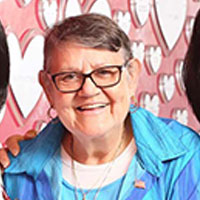
Mildred's Story
When Mildred Grace, 72, had an EKG as a safeguard before a scheduled surgery, it signaled that she may have a cardiac issue. At the advice of a friend, she contacted the Gloria Saker Women’s Heart Program at CentraState—where she learned that despite not having any symptoms, she had three health conditions that put her at risk for a serious...Read More >


